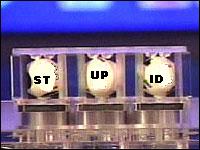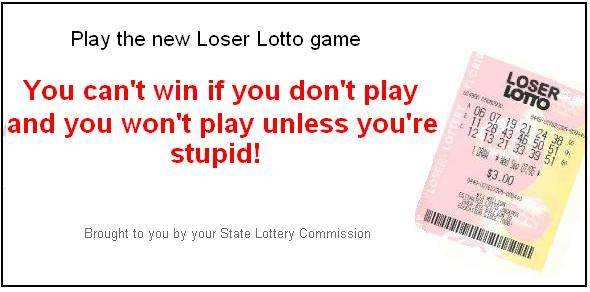Playing
The Lottery:


by
Keith Rawlinson
Volunteer Budget Counselor
Volunteer Budget Counselor

| Current statistics suggest that there are
six million compulsive gamblers in the United States today, and more
than one million of those are teenagers. It is estimated that 46% of Americans play the lottery. That is nearly half of the population of the United States spending money on lottery tickets. You are twelve times more likely to die in a car accident driving to the store to buy lottery tickets, than you are to win a gigantic jackpot. |

| To
learn a lot more about saving, investing,
eliminating debt and
becoming wealthy, please read the articles
on the Financial Page.
There, you will find a veritable treasure of what to do and
how to do
it...all for free! |